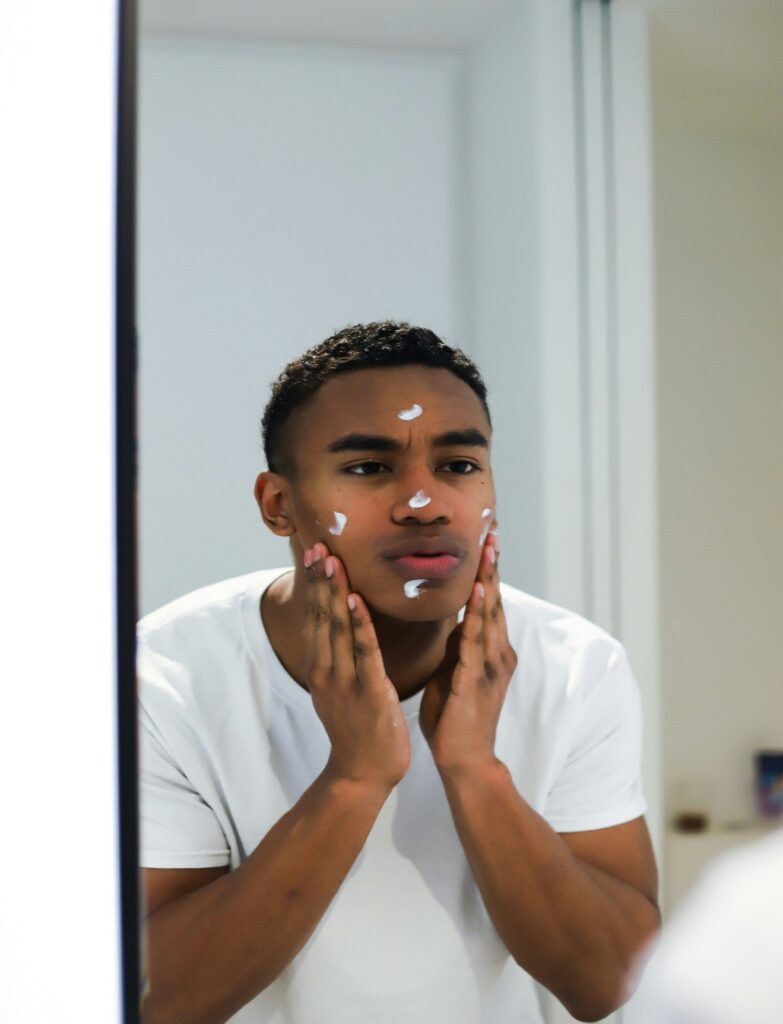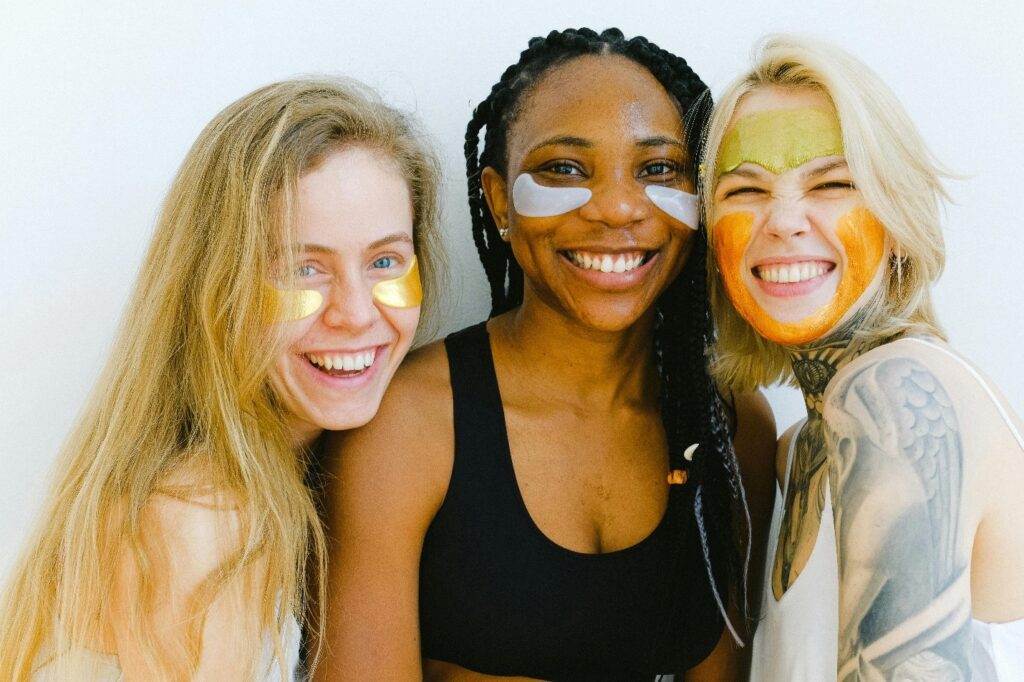For years, the beauty and skincare industry has faced criticism for its narrow definition of beauty. Advertisements for skincare products typically feature lighter skin tones, leaving little representation for those with darker skin tones.
Magazines, billboards, television commercials, music videos, product labels, digital advertisements, and the internet all glorify and promote lighter skin tones as beautiful and superior to darker skin tones. This lack of representation creates an unattainable beauty standard and diminishes the confidence of those with darker skin tones leading them to bleach their skin in order conform to society’s beauty standard which is being light skin.
As it affects everyone, colourism has been a common issue in Nigeria. Despite this, it is rarely addresses or investigated, presumably because people are preoccupied with other issues in the country. Due to colourism, the skin bleaching industry has achieved significant success in Nigeria. Nigeria has about the world’s highest percentage engaged in skin bleaching. According to the World Health Organization, 77% of women use skin-lightening products.

The term colourism was first coined in 1982 by Alice Walker a Pulitzer Prize winner. She defined colourism as the preferential treatment of people of the same race based solely on their skin color. Colourism is unique in portraying who is considered beautiful; it also tends to have a greater impact on women than men.
Colourism has become a global issue which has grown into a dynamic power force that separates people from one another. The discrimination of people with darker skin tones is the foundation of the global ideology known as colourism. The media, families, and social interactions consistently promote this mentality, which is pervasive in the Black community. Due to colourism, many dark-skinned individuals have come to believe that having a lighter skin tone is preferable in the society based on Westernized, Eurocentric criteria of beauty.
Colourism is very much still alive and thriving in Nigeria. This ideology is highly prevalent in Nigeria with constant reinforcement from the media especially adverts, family, schools, community interactions and the entertainment industry. For instance, a young girl in 2021 narrated her experience of colourism in secondary school whereby jokes about dark-skinned people were told. Some of these light skinned children will go ahead to mock dark skinned children by calling them names such as “blackie” or “charcoal” or “burnt offering”. She concluded by saying these jokes were seen as normal and not even the teachers who sometimes joined in on the jokes reprimanded these bullies
In Nigeria’s advertising sector, the issue of colourism became more prominent in 2017 with German skin care brand, Nivea. The brand decided to promote their natural fairness body lotion which was a body cream that guaranteed “visibly fairer skin”. The advert featured a former Nigerian beauty queen “Omowunmi Akinnifesi,” who applied the lotion to her skin and her skin became visibly fairer.
This advert sparked significant criticism and outrage, mainly from Nigerians and Ghanaians. The advert was not only aired on Television but was also displayed on billboards in African countries like Nigeria, Ghana, Cameroon, and Senegal. After this incident, Nivea decided to rebrand with the production of the documentary, Skin, with the Nigerian actress Beverly Naya in 2019

Skincare advertisements are powerful tools that shape consumer behaviour and influence purchasing decisions (Gupta, 2021). In today’s media-driven society, these advertisements inundate various platforms, targeting consumers with promises of flawless skin, rejuvenation, and enhanced beauty.
Skincare advertisements utilize various persuasive techniques to impact consumer behaviour. Emotional appeals, social proof, scientific claims, and visual demonstrations are just a few of the tactics employed to capture consumers’ attention, build trust, and create desire (smith, 2018). It is important for consumers to critically evaluate these advertisements, considering the underlying motivations and potential exaggerations.
To mitigate colourism and promote inclusivity, advertisers should embrace diverse representations and avoid perpetuating unrealistic beauty standards. Transparency and ethical marketing, steering clear of exaggerated claims can foster a more positive impact on consumer perceptions. Empowering consumers through media literacy campaigns is vital, fostering awareness and encouraging discernment in evaluating skincare advertisements. Ultimately, a collective effort involving advertisers, regulatory bodies, and consumers can contribute to a more inclusive and responsible advertising landscape.
Sources
- https://www.tc.columbia.edu/media/administration/institutional-review-board-/guide-amp-resources—docu ments/Published_Study-Material-Examples.pdf
- https://www.mckinsey.com/industries/consumer-packaged-goods/our-insights/black-representation-in-the-beauty-industry
- https://hbr.org/2021/05/marketing-still-has-a-colorism-problem
- https://repository.lsu.edu/gradschool_theses/5299/
- https://www.sevensixagency.com/blog/the-effect-of-colourism-in-media-and-marketing




